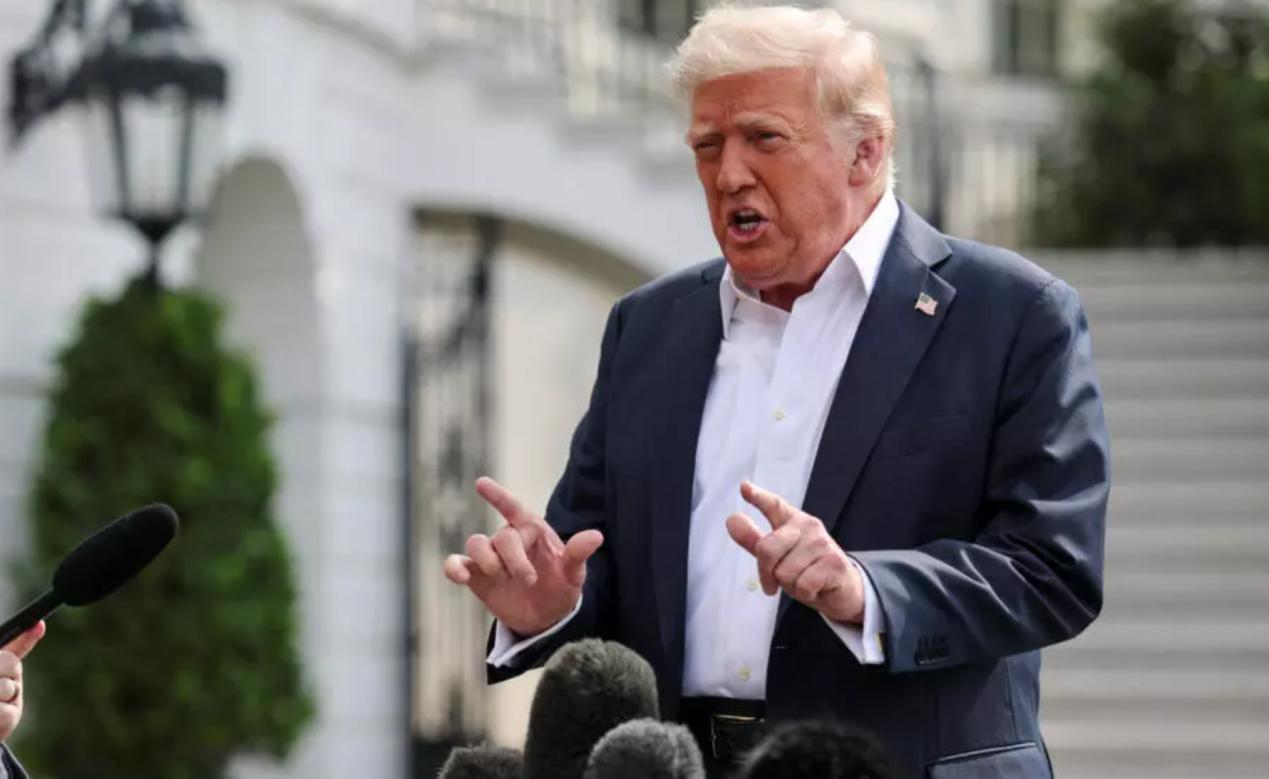
On July 15, 2025, US President Trump made a high-profile announcement on social media about reaching a "landmark" trade agreement with Indonesia, claiming that Indonesia would "open its entire market to the United States for the first time." However, the clause that the United States would impose a 19% tariff on Indonesian goods exported to the US exposed the essence of the agreement - an unbalanced transaction centered on unilateralism. This agreement not only reflects the extreme "America First" tendency of the Trump administration but also indicates that the global trade system is facing new pressure for restructuring.
I. Core of the Agreement: Asymmetric Opening with Tariffs as a Bargaining Chip
According to the framework disclosed by Trump, the United States would impose a 19% tariff on Indonesian goods exported to the US, while Indonesia would need to commit to purchasing $15 billion worth of energy, $4.5 billion worth of agricultural products, and 50 Boeing aircraft, and fully open its market. This arrangement of "zero tariffs for the US and high tariffs for Indonesia" essentially uses tariffs as a bargaining chip to force Indonesia to make concessions in key areas such as market access and procurement scale.
The data comparison reveals the pattern: In 2024, the bilateral trade volume between the US and Indonesia was approximately $38 billion, with the US running a trade deficit of $17.9 billion with Indonesia. Through extreme pressure, threatening to impose a 32% tariff starting from August 1, the Trump administration managed to lower the rate to 19%, but demanded that Indonesia make excessive compensation in terms of procurement scale. For instance, the value of the Boeing aircraft orders committed by Indonesia exceeded $6 billion, which is 1.3 times the total value of its agricultural exports to the US in 2024. This "tariff-for-orders" model essentially politicizes commercial cooperation and deeply ties Indonesia's economic interests to the political goals of the United States.
II. The Logic of Unilateralism: From "Global Tariff War" to "Precision Strike"
Trump's move follows the trade policy thread he has pursued since the beginning of 2018. In March, the White House released the "Trade Imbalance Index Report", listing China, India, and the EU as the "primary targets for correction", but when dealing with non-core trade partners like Indonesia, it shifted to a "deterrence-negotiation" model. On July 7th, Trump sent tariff letters to over 20 countries, threatening to impose a 32% tariff on Indonesia, and then broke through each case through bilateral negotiations. This "divide and conquer" strategy not only avoids making too many enemies at once but also reshapes trade rules through individual case breakthroughs.
However, the "imbalance" of the agreements has triggered a chain reaction. After Trump announced a 30% tariff on the EU, the EU quickly signed a free trade agreement with Indonesia, excluding the US from the regional supply chain; Japan, Canada, and other countries strengthened their cooperation with the EU, forming an "anti-tariff alliance". The SCO Foreign Ministers' Meeting led by China and the BRICS mechanism formed a linkage. China, India, Russia, and other countries reaffirmed multilateralism at the Tianjin meeting, directly countering the unilateral pressure from the US. The global trade pattern is accelerating its transformation from "US dominance" to "multi-polar balance".
III. Indonesia's Dilemma: The Trade-off Between Economic Benefits and Sovereignty Cession
For Indonesia, the agreement is a double-edged sword. On the one hand, the $15 billion energy order can alleviate its reliance on fossil fuel exports, and the purchase of Boeing aircraft will promote the upgrading of its aviation industry. On the other hand, the 19% tariff will impact its pillar industries such as palm oil and electronic equipment. According to the calculation of Indonesia's Ministry of Economic Affairs Coordination, if the tariffs are fully implemented, its exports to the US may shrink by 23% in 2025, resulting in losses of over 4 billion US dollars.
The more profound impact lies in the cession of sovereignty. The agreement requires Indonesia to establish a "tariff retroactive mechanism" to impose tariffs on third-party goods transshipped through Indonesia to the US. This essentially incorporates Indonesia into the US trade monitoring system. Moreover, US energy companies will obtain the development rights of Indonesia's nickel mines and other key resources, further strengthening their control in emerging industries. This variant of the "market for technology" model may trap Indonesia in a "low-end lock-in" predicament.
IV. Global Implications: Unilateralism Will Eventually Backfire on Itself
Trump's "unbalanced agreement" has exposed the inherent contradiction of unilateralism: the short-term benefits gained through tariff pressure will inevitably come at the cost of long-term credibility. The signing of the free trade agreement between the EU and Indonesia marks that regional trade groups have begun to proactively build "de-Americanized" supply chains. China's deepening multilateral cooperation through the SCO and BRICS mechanisms provides alternative solutions for developing countries. While the US attempts to reshape the order with the tariff stick, the global market is voting with its feet, accelerating the evolution towards diversification and decentralization.

On January 7th local time, GameStop (GME.US) announced that the company's board of directors had approved a potential executive compensation package worth $3.54 billion, which was targeted at the company's CEO, Ryan Cohen. At the same time, this new compensation package set extremely high performance thresholds: Cohen, the CEO, needed to increase the company's market capitalization from $9.5 billion to $100 billion.
On January 7th local time, GameStop (GME.US) announced that…
According to the British media The Guardian, recently US Pr…
In today's era of deep integration of globalization and dig…
In early 2026, US President Trump forcibly took control of …
Recently, the corn market dynamics analysis released by Aus…
Donald Trump has proposed an "immediate" restriction on lar…